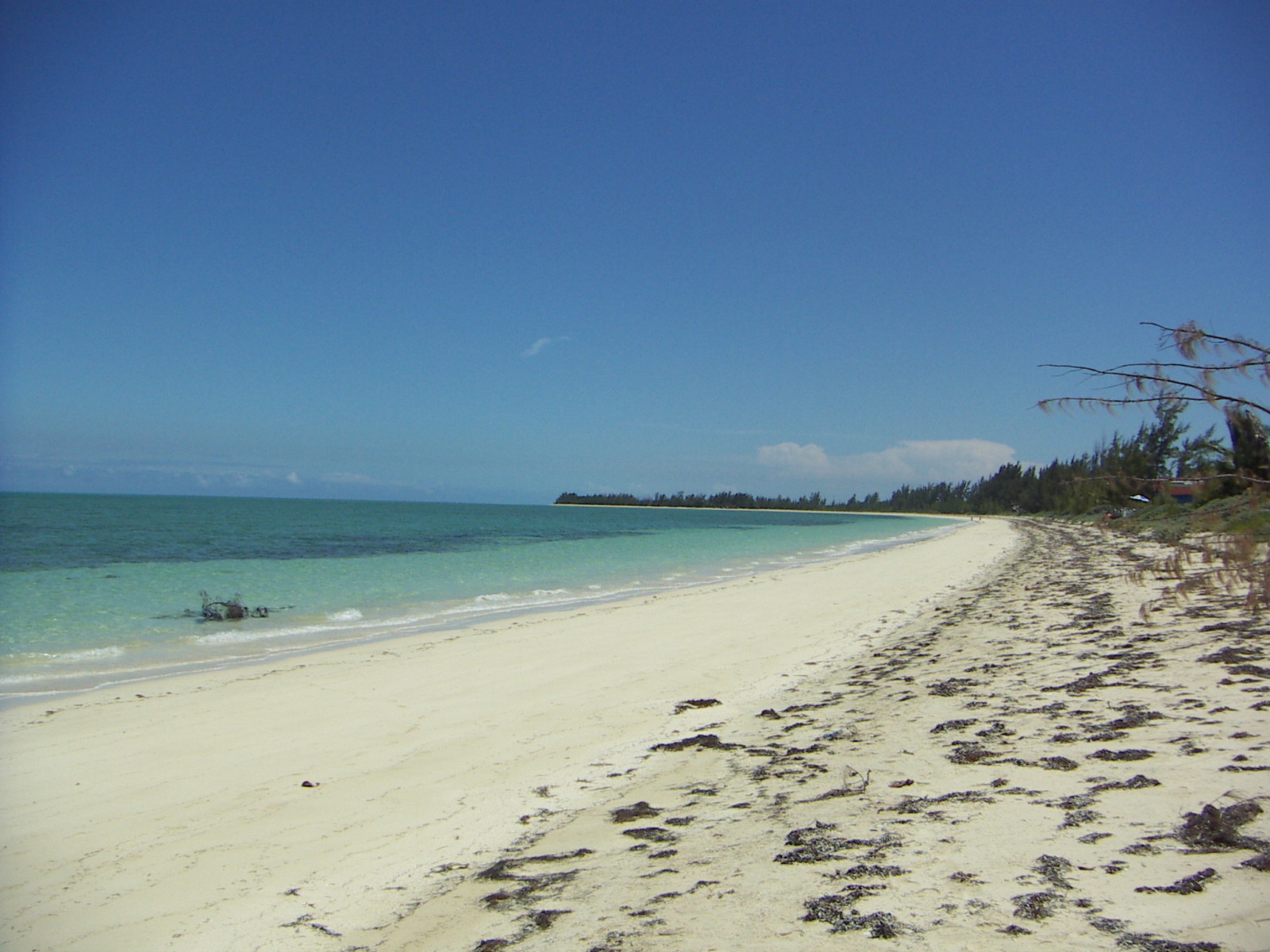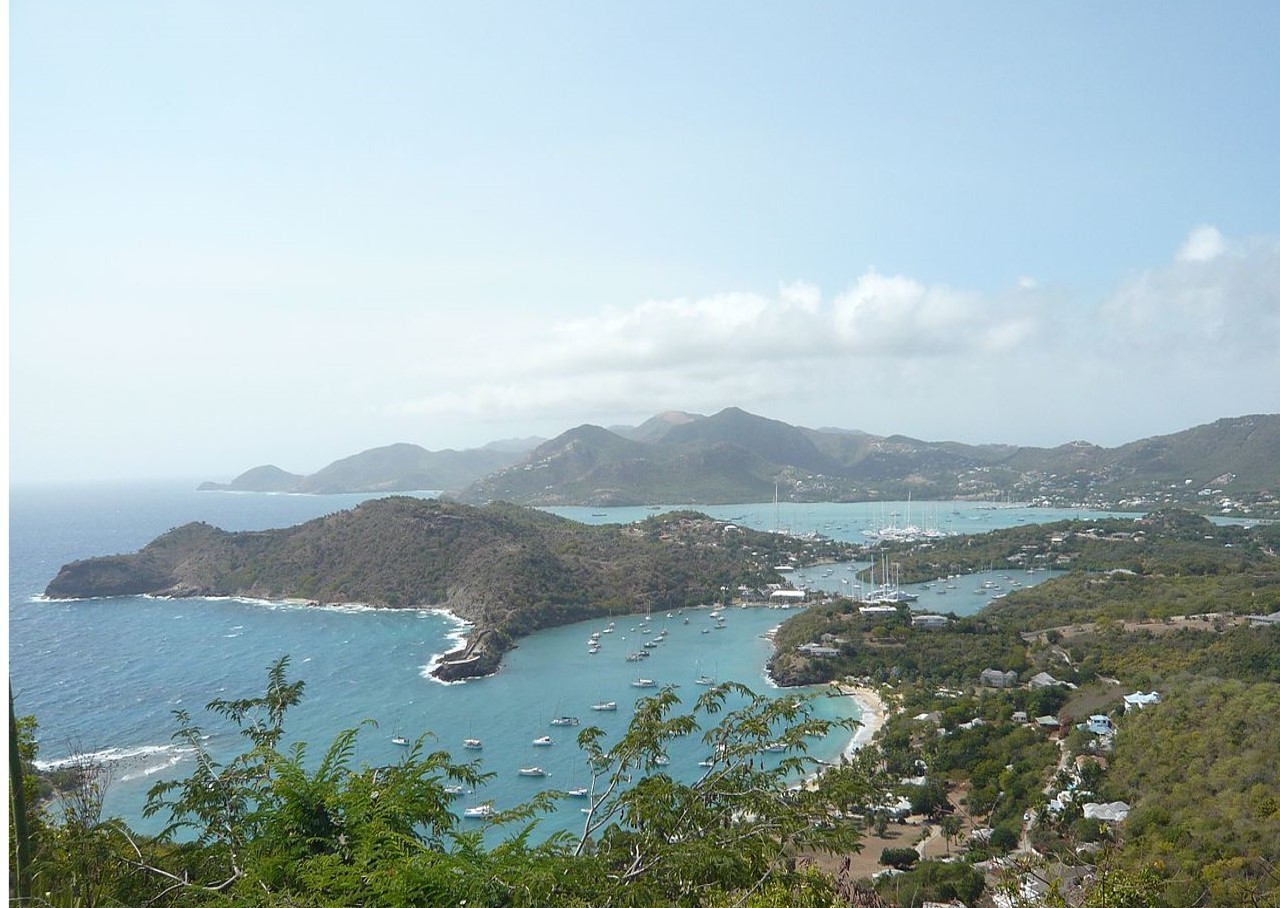How can a country develop its petroleum economy while protecting its environment? It is a difficult balancing act. The environment is of particular importance in The Bahamas, where beautiful beaches and crystal clear waters are major attractions for tourists. So when Kenred Dorsett, the Bahamas Minister of Environment and Housing at the time, needed advice on how to approach the problem, he consulted experts at the Commonwealth Secretariat. It was essential for him to ensure both economic and environmental sustainability of any development in the petroleum industry.
The Petroleum Bill and Regulations (February 2016) may not sound like a bestseller. But this legislation is a big step forwards for The Bahamas. The new bill enables the Bahamas Government to do more than just manage its petroleum industry. It also ensures the islands’ future economic and environmental sustainability.
The Secretariat spent three years helping the Bahamas Government to develop the legislation. We sent ocean governance and natural resources specialists to work with them. Together, they reviewed existing petroleum laws dating back to the 1970’s. Our experts then proposed amendments to the country’s legal, fiscal and environmental framework. They also helped create new policies governing the exploration and production of oil, health and safety practices, environmental protection and pollution control, and they assisted in composing new regulations for managing profit sharing between investors. The resulting legislation follows best practices and international standards.
Mr Dorsett confirmed that our support had “borne fruit”, and he had high praise for the specialists:
“On behalf of the Government of The Bahamas, I express our thanks for the services provided by the Commonwealth Secretariat and for its guidance in the delivery of modern legislation that is crafted to protect the environment, provide safe conditions for those working in the upstream industry and allow a fair and economic return for both investors and the people of The Bahamas.”
International investors have reacted positively to news of the legislation. The Bahamas Petroleum Company (BPC) plcvsaw an increase in its share price – a positive indication for future investment in the country.
Other progress on oceans and natural resources, 2015-2017
In 2016/17:
- we helped 11 countries establish policies and frameworks to promote and support the sustainable management of natural resources
- The Bahamas and Vanuatu adoptednew National Oceans Policies
- Guyana made a big step towards reform of its petroleum sector through the development of a new petroleum commission bill, which is now in the advanced stages of stakeholder consultation.
I express our thanks for the services provided by the Commonwealth Secretariat and for its guidance in the delivery of modern legislation that is crafted to protect the environment.
— Kenred Dorsett, former Bahamas Minister of Environment and Housing
Guyana is also seeking to establish a sovereign wealth fund–a state-owned fund thatwill reinvest oil and gas revenues. The Secretariat has advised the country’s Ministry of Natural Resources onlegislative and institutional reforms since 2013, and our legal and economic experts advised on draft legislation for the fund.
New oil finds could earn the small South American country multiple billions of dollars in tax revenues. The reforms we advised onwill ensure those revenues benefit ordinary people in Guyana through job creation and investments in public services and infrastructure
Another country that made a great step forwards in 2016/17 was The Cook Islands. We had deployed Commonwealth Fund for Technical Co-operation technical assistance to their Ministry of Mineral and Natural Resources, and this has helped the ministry improve sustainable management and the development of seabed mineral resources. This was due in part to the institutionalisation and establishment of the Seabed Minerals Authority, and it was also helped by the development of an appropriately functioning regulatory framework. The improvement has already had three pleasing outcomes:
- the first national tender for seabed minerals in national waters
- approval to explore 75,000 km2 seabed minerals
- investment opportunities now being explored.
The previous year, 2015/16, had also seen significant progress. We gave support to 15 members to develop their management of maritime and other natural resources. This work included:
- completing the draft minerals policy for Botswana and stakeholder consultation
- supporting a successful negotiation outcome for upstream exploration operations by a company in Jamaica
- providing advisory support concerning investor proposals for upstream exploration activity in offshore Seychelles
- drafting a renewable energy policy for Namibia, which has now been through public consultation and was implemented by the Namibia Government in July 2017.
“Guyana has enjoyed decades of tremendous history and close cooperation with the Commonwealth as a member of the community and partner in development. The Commonwealth’s support for Guyana must be lauded, particularly for the impact made on governance, youth development, environmental stewardship and natural resources management – Raphael Trotman, Guyana’s Minister of Natural Resources”


